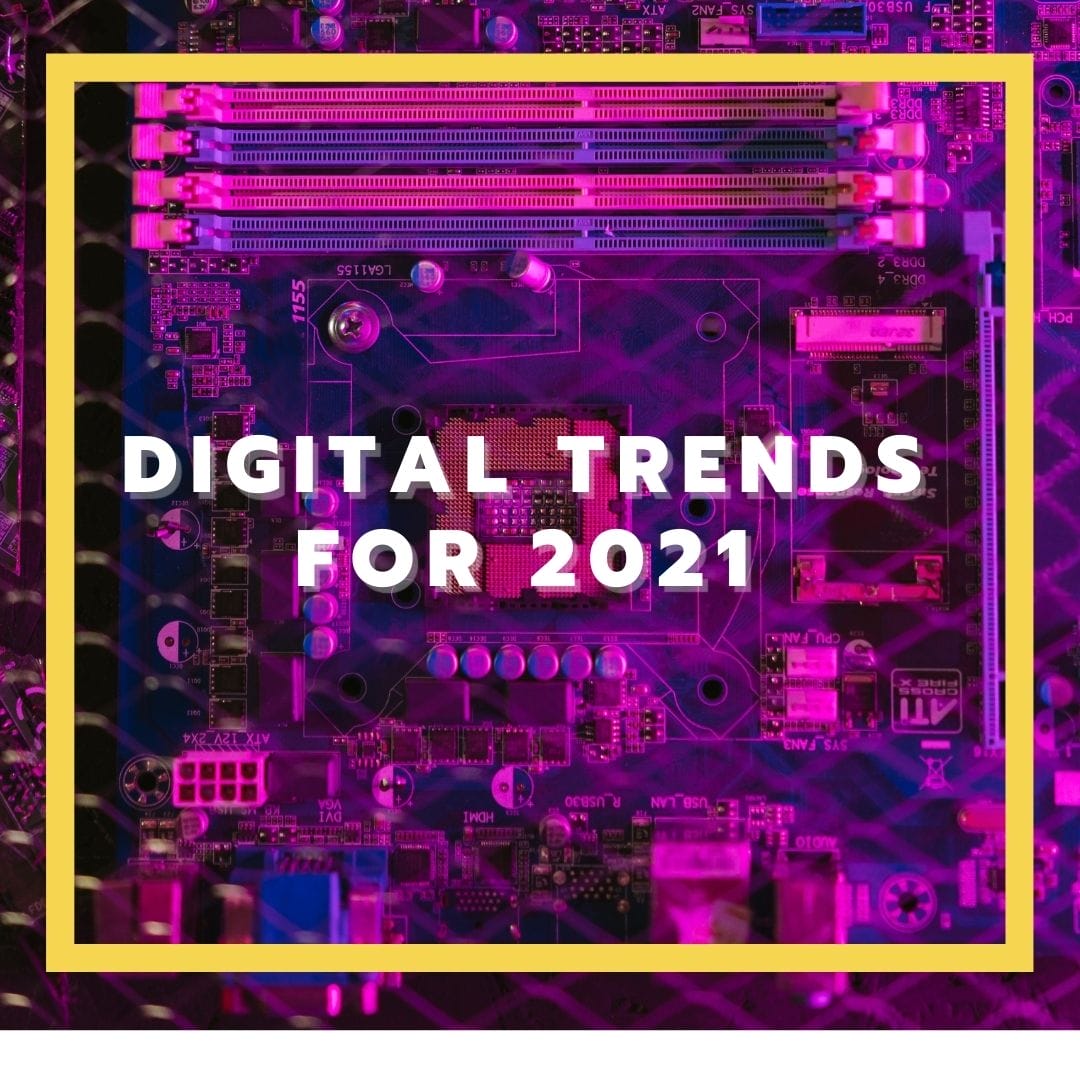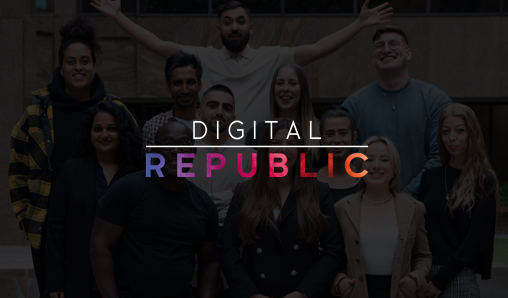
The ‘End of Digital Marketing’?

Our industry throws around terms such as ‘marketing’ and ‘digital’ and ‘communications’ with an abandon that is truly reckless. Let’s be more precise to be more effective.
A few weeks before Cannes Lions (and all of the controversy there), Google made a major statement that was surprisingly unnoticed by most of the marketing world: “the end of digital marketing is here”.
Marie Gulin-Merle, chief marketing officer for Calvin Klein and chief digital officer of parent company PVH, said in an interview with Think With Google editor-in-chief Bethany Poole that “it’s misleading or very duplicative to talk about traditional marketing and digital marketing”.
“Consumers really don’t act that way. You research online. You buy offline. You have your mobile with you. The consumption of videos, the search behaviour – all of this is present throughout the journey. [Separating traditional and digital marketing] creates silos within companies.”
At first, it might seem surprising for Google to promote such an idea. Surely, the company would want to encourage ‘digital marketing’ and persuade marketers to spend less on TV, radio, outdoor and print and more on its advertising products?
But read Gulin-Merle’s quote again. Everything she mentions is something that benefits Google. Search stores your user queries and targets you with ads. Online video platforms know what you watch. Smartphones – especially Google’s Android – collect a lot of your personal information.
So, Google’s goal is not exactly to break down any wall between ‘traditional’ and ‘digital’ marcom. Rather, the company seemingly wants trackable digital technology to infuse – some might say ‘invade’ – the rest of the ad industry.
But just because Google is self-serving does not mean it is wrong on the larger point. After I spoke at a recent marketing conference in England, I visited Scotland and saw a billboard in Edinburgh showing why the term ‘digital marketing’ has indeed become meaningless.

The billboard used digital technology to rotate between different ads every few minutes. So, was it an example of ‘traditional marketing’ or ‘digital marketing’? The answer: yes. It was a ‘traditional’ OOH campaign that just happened to use digital mechanics.
Getting our terms correct
Words matter. Correct terminology is important because precise language leads to clarity of thought.
Let’s start at the beginning. Too many people use terms such as ‘marketing’ and ‘promotion’ and ‘communications’ interchangeably, but they mean different things. With all due respect to Scott Brinker, his announcement last week that the MarTech conference series in the US changed its tagline to “martech is marketing” is the perfect example.
Marketing is studying a market by looking at things such as SWOT analyses, competitor positioning, price sensitivity, what customers want in a product, potential segmentation and available distribution channels.
As Richard Rumelt noted in his excellent 2011 book Good Strategy / Bad Strategy, the next step is to create a strategy by diagnosing the opportunity or problem in the market, drafting a guiding policy and listing a set of coherent actions to take.
That covers the first three of marketing’s 4 Ps – product, price and place. They are the most important, but no one ever discusses them. Go to conferences. Read the business sections of news publications. See the social posts of our ‘influencers’ and the blogs of agencies and marketing software companies. Nothing.
Everyone talks only about the fourth P – promotion, which is increasing awareness, interest, brand loyalty and sales after doing everything else. It is the most interesting and exciting P, but it is also less important than the others. If the strategic diagnosis, policy and set of coherent actions are wrong, then the tactical promotion will be doomed from the start.
Now, promotion is done through communications (often dubbed ‘marcom’). Marcom decides upon a prioritised tactical mix between advertising, direct response, personal sales, public relations and SEO as well as a planned media mix over which to execute those actions.
Whenever people use terms such as ‘bank marketing’ or ‘mobile app marketing,’ they almost always mean ‘bank promotion’ or ‘mobile app promotion’ because they are thinking about only marcom. But I would love to see our industry discuss what should come before more often.
What ‘digital’ and ‘online’ really mean
As The Drum recently reported, Reebok is heading towards what it calls a ‘digital-first marketing model’. But I’m trying to figure out exactly what the company means.

First, Reebok is actually discussing ‘digital-first’ marcom. But even that makes little sense. All TV in Europe and Australia – and in most of the US – is now digital and not analogue. Radio broadcasted digitally already has a foothold in Europe and is growing in the US. Billboards are going digital. Every media platform online is digital by default.
What does that mean? Digital technology has already infused most – if not all –marcom channels that exist today. (Google should be happy.) And that makes the term ‘digital marketing’ meaningless indeed. ‘Digital’ is a type of technology, not a set of specific marcom channels.
Everything from television to print to social media may – or may not – be useful in a given promotional context. Digital technology has not significantly changed that fact. TV’s mass brand-building power, for example, is the same whether the box in the living room receives digital encoding or analogue signals.
The true value of ‘digital’
So, can we stop saying terms such as ‘digital marketing’ and ‘digital ad spend’? Besides, most of that online ad spend is actually direct response and not advertising.
Just as ‘content marketing’ and ‘social media marketing’ are useless terms, so is ‘digital marketing.’ It is impossible to be ‘digital-first’ when everything is digital.
Still, the true value of ‘digital’ is in the current ‘digital transformation’ craze (which smart companies had started in the 1990s and 2000s). Digital transformation, in essence, is rebuilding businesses and internal processes with digital technology. It is not throwing an entire promotion budget on the internet.

But remember: the lure of digital transformation can be a siren’s call. In the late 1990s and 2000s, print media rushed to cut expenses on ink, paper and printing presses by putting everything on websites for free with accompanying ads. And we know how that turned out for both the news industry and society in general.
‘Digital’ is a terrible word in marcom. If the industry wants to refer to promotional channels on the internet, ‘online’ is better. But an ‘online-first’ mindset still limits potential effectiveness because all channels – online and offline – are simply potential ways to reach human beings. And every channel has pros and cons.
The best practice is not to think about ‘online’ and ‘offline’ but to be channel-neutral and focus on what the strategy dictates and therefore what tactics you will use and not use. Brand advertising, for example, might be best done offline for a given campaign while direct response might be better online.
And I believe that is why London Advertising chief executive Michael Moszynski called the word ‘digital’ passé and Mark Read banned the term at WPP. (Google is actually a little behind the curve.)
After all, the marketing and communications process will always remain the same. Remember that whenever someone selling something to marketers says one thing or another is ‘dead’ or that marketing has ‘changed forever’.
Do the market and customer-facing research. Write a strategy. Create something that either fulfills a need or is something new people will want. Do the positioning. Decide whether and how much you will segment the market. Choose a value, mid-market, or premium price. Determine how you will prioritise promotional tactics and media channels. Do the marcom campaigns and measure the results.
That work will never change. […]
This blog is just an excerpt of the original article posted by Samuel Scott.
If you found this article interesting, you might enjoy reading this post too.
Follow us on our LinkedIn and Twitter to stay up to date with the latest news in the digital data-driven ecosystem
Digital analytics, optimisation, data science or programmatic expert, and looking for a job?
Check out our latest live vacancies here
Digital agency looking to expand your team with top-tier talent?
Send us your jobs here
Get in contact with us!



